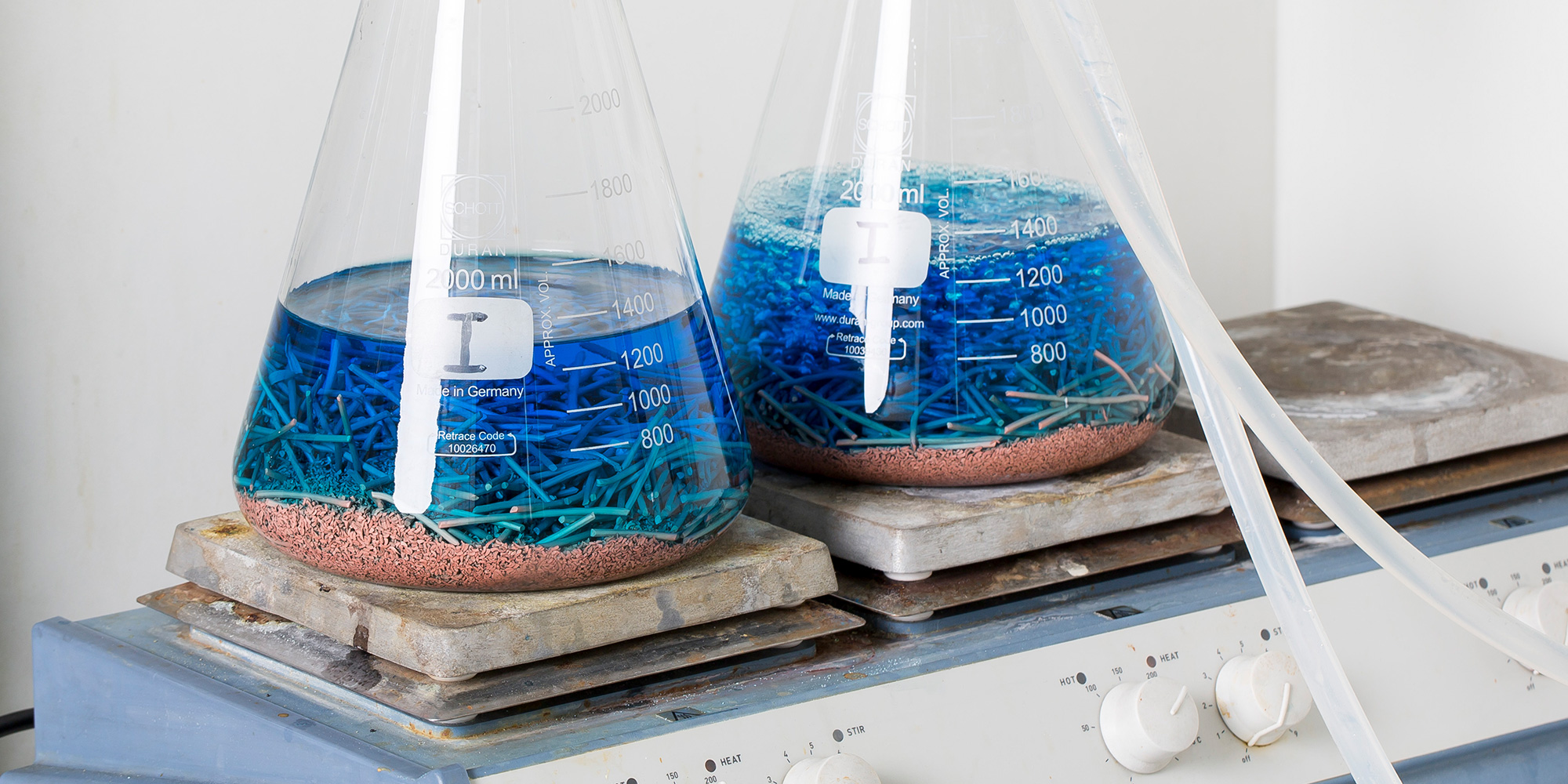IP 336 Corrosion Stability of Petroleum Products Test
The IP 336 test is a critical procedure within the oil and gas sector designed to assess the corrosion stability of petroleum products under conditions that simulate real-world storage scenarios. This standardized method provides a means for quality managers, compliance officers, R&D engineers, and procurement professionals to evaluate how various hydrocarbons react with water in the presence of oxygen over time. The primary purpose is to ensure product integrity and prevent potential issues such as sediment formation or pipeline blockages.
The test follows ISO 12540-3:2018, which specifies this procedure for determining the corrosion stability of petroleum products by means of immersion in water at elevated temperature. This standard ensures that all tests are conducted under controlled conditions to yield consistent and reliable results. By adhering to these specifications, laboratories can provide accurate assessments that help maintain product quality throughout its lifecycle.
The process involves immersing a sample of the petroleum product into distilled or deionized water at 50°C for up to two weeks. During this time, any corrosive by-products formed are monitored using various analytical techniques such as gravimetric analysis and titration. These methods allow for precise measurement of changes in weight due to corrosion products and the acidity of the solution after exposure.
Understanding the results from the IP 336 test is essential for companies involved in refining, transportation, and distribution of petroleum products. The data obtained helps inform decisions about storage practices, packaging materials, and potential modifications needed to enhance product stability. For instance, if significant corrosion is detected early on during development stages, adjustments can be made before large-scale production begins.
Compliance with regulatory requirements also plays a crucial role in ensuring accurate IP 336 testing. Regulatory bodies like the International Organization for Standardization (ISO) and American Society for Testing and Materials (ASTM) provide guidelines that must be followed when performing this test. Adhering strictly to these standards ensures consistency across different laboratories worldwide, thereby facilitating easier collaboration between industry partners.
In summary, IP 336 testing offers valuable insights into the corrosion resistance of various hydrocarbons used in the oil and gas sector. Its application extends beyond mere compliance; it contributes significantly towards improving product quality and extending shelf life by identifying weak points early enough for corrective action to be taken.
Why It Matters
The IP 336 test is not just a formality but an essential step in maintaining the integrity of petroleum products throughout their lifecycle. Corrosion can lead to significant financial losses through product degradation, increased maintenance costs, and potential safety hazards. By identifying corrosion risks early on, companies can take proactive measures to mitigate these issues.
For instance, understanding the corrosive behavior of a particular fuel blend allows refiners to adjust compositions if necessary. In pipeline transportation, knowing which components are prone to corrosion helps engineers design more robust systems capable of withstanding harsh environments without compromising efficiency or safety.
In addition to preventing costly repairs and replacements, early detection through IP 336 testing also supports environmental stewardship efforts by reducing waste generation associated with substandard products. It encourages the development of eco-friendly additives that enhance product stability while minimizing adverse impacts on ecosystems downstream.
Benefits
- Achieve Regulatory Compliance: By adhering to ISO 12540-3:2018, laboratories ensure they meet stringent international standards for corrosion testing of petroleum products.
- Promote Product Integrity: Early identification of potential corrodents allows manufacturers to make necessary adjustments before large-scale production begins.
- Enhance Safety Standards: Understanding how different hydrocarbons interact with water and oxygen helps reduce risks associated with pipeline blockages or explosions caused by corrosive build-ups.
- Support Sustainable Practices: Identifying weak points in product formulations enables the formulation of greener alternatives that minimize waste generation while maintaining optimal performance levels.
Environmental and Sustainability Contributions
The IP 336 test contributes positively to environmental sustainability by promoting responsible use of resources. By ensuring that products are stable over extended periods, companies can reduce the frequency of rework cycles, which in turn decreases energy consumption during production processes.
Moreover, knowing exactly what components contribute to corrosion allows for targeted improvements aimed at reducing overall emissions without sacrificing effectiveness or safety. This aligns well with broader goals set forth by organizations like the United Nations Environment Programme (UNEP) and European Union regulations concerning sustainable development.
The test also supports lifecycle assessment studies that evaluate environmental impacts from raw material extraction through end-of-life disposal. With accurate data on product stability, stakeholders can better understand the true costs associated with each stage of operation, encouraging more informed decision-making processes.





